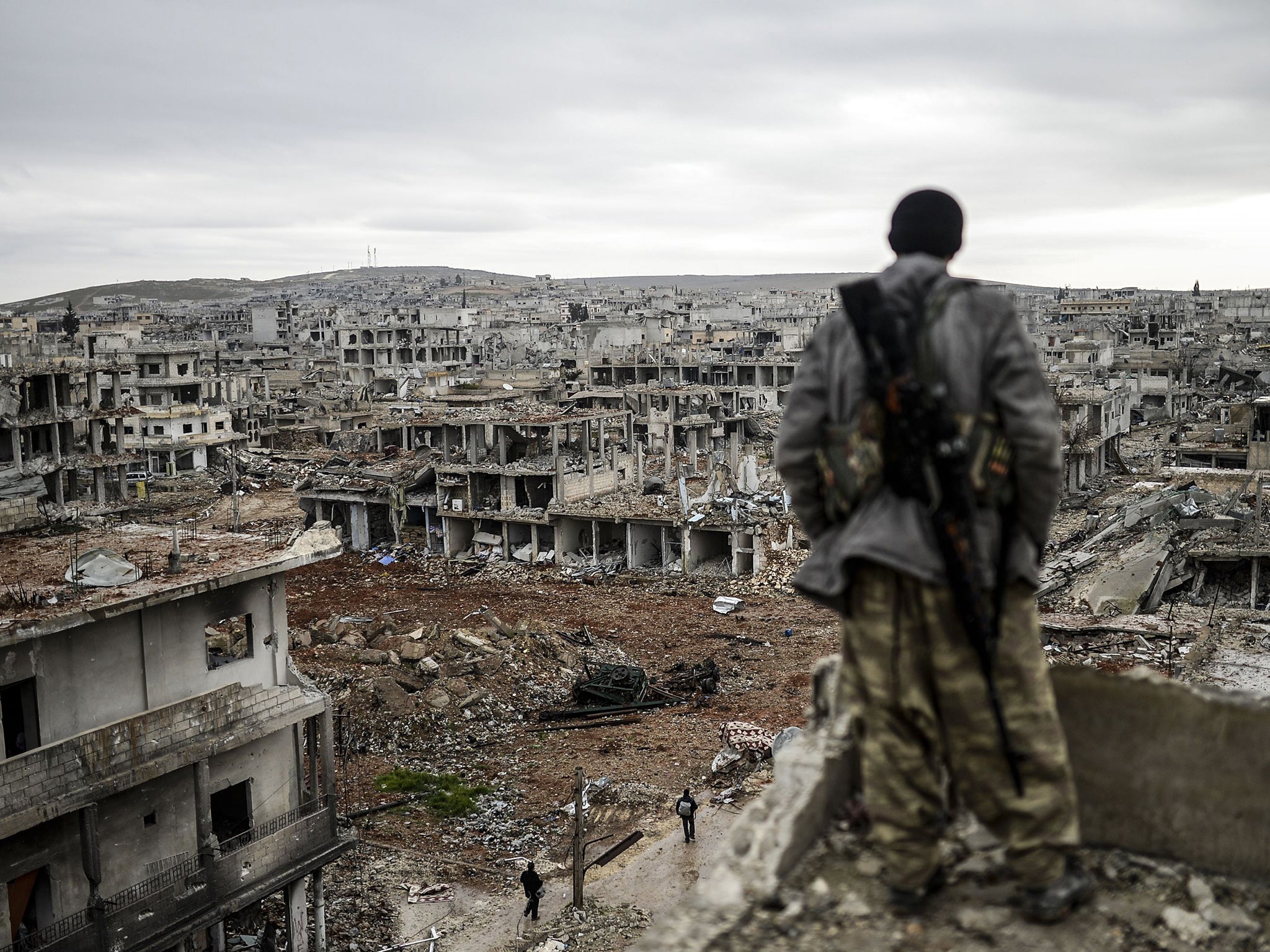The area that I most improved on in English Language Arts would be writing blogs. Last quarter, my blogs were more of a quantity then quality, meaning I didn't really put all of my true effort into them, and vise versa.
Something that I accomplished since New Years that I'm proud of would be my newest investigative journalism blog (Syrian Civil War) since I finished writing the blog in less then two hours (the fastest I've gone for completing a blog).
My progress currently for my 40 book challenge is 15 books right now. I would've been at 18 books by now but I had forgotten the names of those books since I never wrote it down.
The most challenging thing about the 2nd quarter would be Article of the Week. The reason why it was challenging was because it took me a long while to fully understand the central idea of each articles. What I did to solve this problem was to study for a lot of time each day (30-40 minutes) on Articles of the Week in order to fully understand it.
My blogs have been progressing a lot since August since blogging became a usual thing in this Language arts class, making it far easier to write blogs. I've also stopped using a lot of words (quantity) and instead replacing it with quality.
I've used strategies such as studying, memorizing with flash cards, researching to help benefit me with my writing, thinking, and reading.
I've learned that the world has a tremendous amount of problems such as war, poverty, homeless, extinction, the list just keeps going on. It's just insane to see how many problems we face everyday and sometimes we don't act/do anything about it.
My research skills have improved since the 1st Quarter now that I find research without depending on someone or something. Other than that, it's still the same

